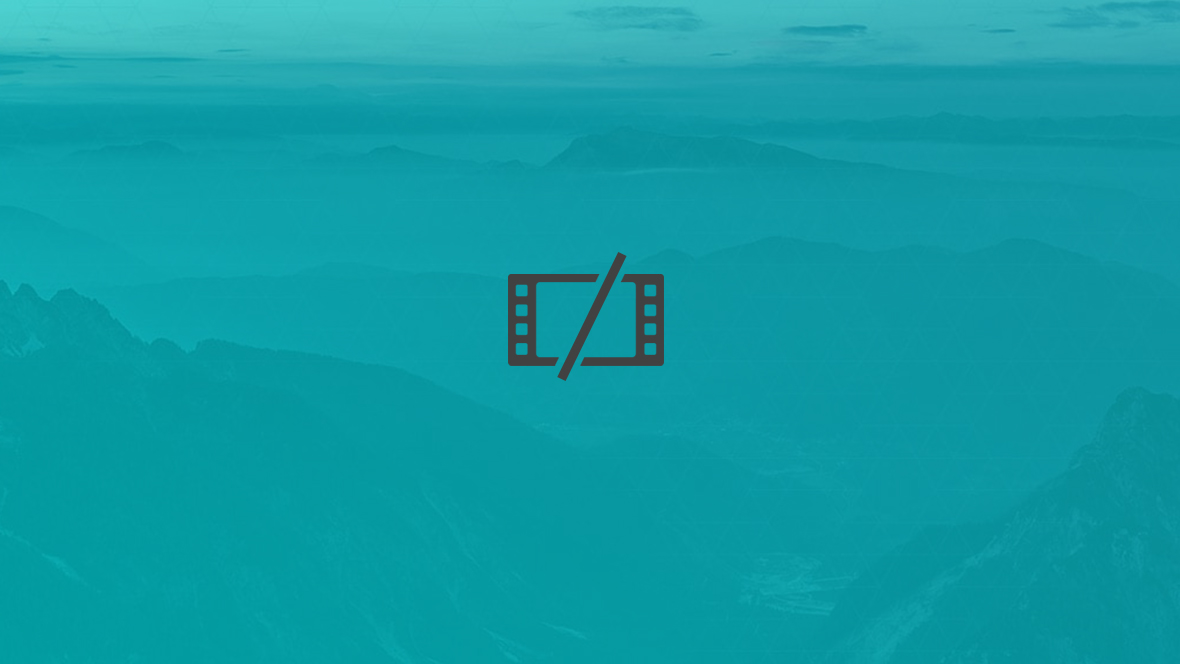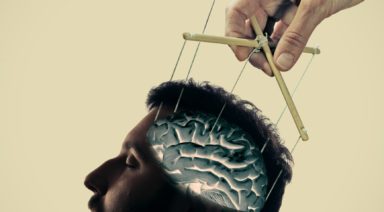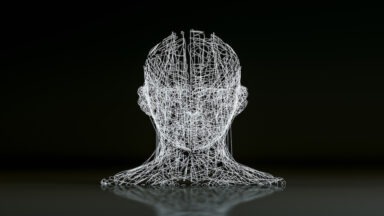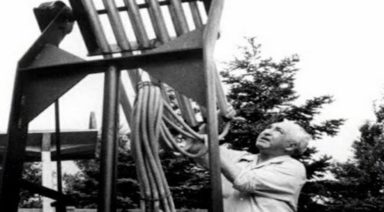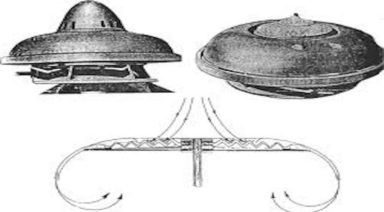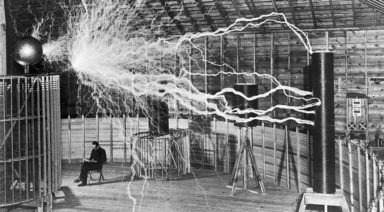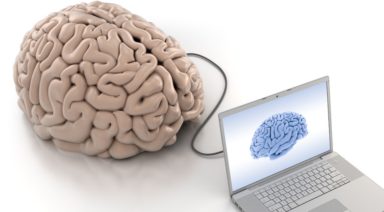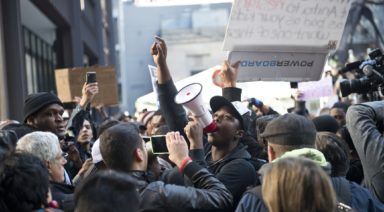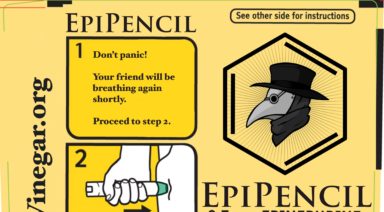Nestle’s Water Privatization in the Aftermath of Flint, Michigan

In the aftermath of the Flint water crisis, residents have gone without clean tap water for over 1,000 days. Every citizen of Flint is given just one case of water per day, about 10 liters, to be used for drinking, bathing, and cooking. Meanwhile, one of the biggest corporations in the world is doing its part to perpetuate the movement toward water privatization, by bottling and selling water from a source two hours away.
Who Benefits from Water Privatization?
That aforementioned company profiting from the water source in Evart, MI is Nestlé, the multinational foodstuff corporation that, among a number of controversies, became notorious for its former CEO’s statement when he basically said he didn’t believe water should be a basic human right. Nestlé is the largest producer of bottled water in the world, reaping nearly $8 billion dollars in profit last year from water alone. At it’s facility in Evart, the company makes between $500,000 to $1.5 million a day, while only paying $200 a year to extract that water.
Water Issues
But now the company has launched a massive PR campaign backtracking on the words of Emeritus CEO, Peter Brabeck, claiming that Nestlé is concerned with the global water supply and the shortage we will soon be faced with if we continue our wasteful ways.
While the company touts the fact it has cut its total water usage by 60 percent, the fact of the matter is that bottling water is a water and energy intensive process. In fact, it requires between 1.2 to 1.4 liters of water to bottle a single liter of water, not to mention the energy required to transport it and the subsequent pollution it generates.
In a video released by the corporation in 2013, Brabeck says that he’s always supported the human right to water, though that contradicts his words in a 2005 documentary, We Feed The World, in which he states that NGOs ‘banging on’ about humans having a right to water is an extreme solution compared to corporate water privatization.
In Brabeck’s more recent 2013 video recorded from Nestlé’s lavish campus in Switzerland, he says his words were misconstrued and that what he really meant was that all humans should have a right to water to meet their daily fundamental needs, but not for superfluous things like watering their lawn or washing their car. He says he believes everyone deserves between 50-100 liters of water per day.
The residents of Flint sure could have used that big of an allowance over the past few years.
Have They Solved the Water Crisis in Flint?
It’s been nearly three years since it became evident that the water in Flint was undrinkable and in some cases nearly three times more toxic than what the EPA considers hazardous waste. When lead was found in the water, after the city’s water source was switched from Lake Huron to the Flint River, the damage had already been done.
The switch was implemented to ‘cut costs’ and balance the budget, even though it was known that large corporations like DuPont and General Motors had been dumping waste in the river for decades. The water was then treated with a chemical that eroded the pipes it was being pumped through, leaching lead into it.
It’s estimated that up to 12,000 children were potentially given lead poisoning, while city and state officials lied about the safety of public water. Not to mention the 12 people that have died due to causes directly linked to the contamination, and the 80 now suffering from Legionnaire’s disease. General Motors even stopped using the water under the fear that it would corrode its auto parts.
To add insult to injury, Flint residents pay eight times the national average for their water utility. Flint water was so contaminated that even using it to bathe gave people horrible rashes.
Last month, a study led by the Michigan Department of Environmental Quality, MDEQ, claimed that 90 percent of water samples collected in Flint are now well below the federal threshold of lead ppb. But this is also the same agency that initially lied about the safety of the water to Michigan residents, leaving many eternally wary of the state’s claims.
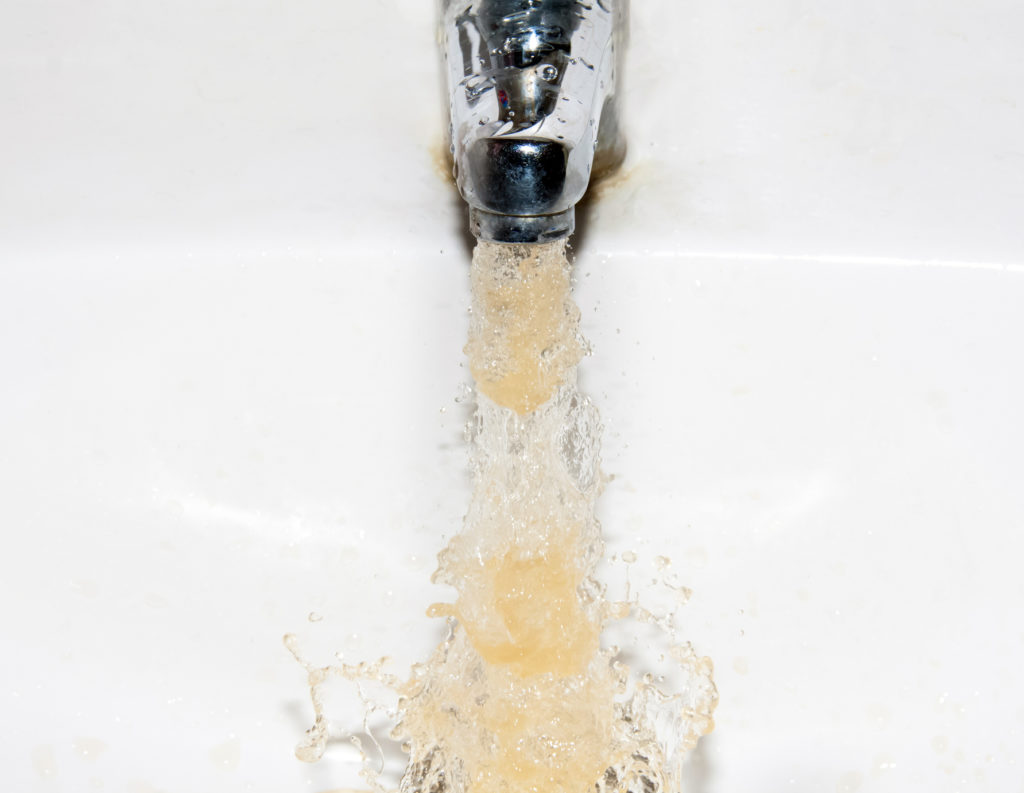
The other good news is that 15 government officials have now been criminally charged for offenses ranging from conspiracy, to obstruction of justice, and involuntary manslaughter, though none of the cases have yet to come to trial. At the same time, Gov. Rick Snyder has somehow evaded any charges, with a million-dollar legal team protecting him from Michigan Attorney General Bill Schuette, who has said attempts to interview Snyder were “not successful.”
Filmmaker and political activist, Michael Moore, wrote a petition to have Snyder imprisoned, saying not even international terrorist organizations have figured out how to do something of this magnitude.
It seems stories like these are becoming all too common when government and corporate interests start to merge, choosing profit and money over people’s health, safety, and livelihood. Is this an inevitability in our crony capitalist society, or is there something that can be done to end this kind of corruption?
Privatizing Water Pros and Cons
Pros:
- Short-term ‘paydays’ that could give cities a financial boost, close deficits, and create a surplus when a significant price is paid for purchase and use of a water utility.
- Some argue that privatization leads to greater efficiency in managing, treating, and distributing water by companies with more resources to do so. These companies may also have the resources to better maintain water infrastructure.
Cons:
- Rate increases would be common as a corporation’s goal is to maximize profit. A corporation’s success is typically measured as one that continues to increase revenue, therefore rate hikes would be common and often. A corporation shouldn’t be able to hold something that is essential to life at a ransom. This would inevitably affect low-income families disproportionately.
- Reduced control from the public sector. Once we give a corporation the rights to our water, they can do what they want. This could lead to reduced quality and treatment to cut costs.
- Corruption between the corporation and government. We’ve already seen what’s happening in Michigan, if a corporation wants a better contract they could use the essential water source as a leveraging tool with politicians to get their way.
- Paying a public utility bill is untaxed. Private companies have to pay taxes and that burden is transferred to the consumer.
- Private companies can sell the water to whomever they like. If there’s a water shortage somewhere, the company can start selling its water at a higher price to that area in need, draining the local area of its source.
Man vs. Water
The Reporter Who May Have Learned the Truth Behind JFK's Assassination

Few historical events have sparked as many conspiracy theories as the JFK assassination, but when one looks at the evidence regarding the Kennedys’ history with the country’s organized crime families, it’s hard not to see the mob’s culpability. At least that’s what best-selling author, researcher, and former criminal defense attorney Mark Shaw has detailed over the course of several books, including his most recent titled, “The Reporter Who Knew Too Much.”
The reporter Shaw is referring to is Dorothy Kilgallen, arguably the most famous female journalist of her era, known for a syndicated column in the New York Journal-American, a nationally broadcast CBS radio show listened to by millions, and her role as star panelist of the celebrity game show “What’s My Line?”
Kilgallen met an untimely death in 1965 while investigating a strong suspicion that members of the New Orleans mafia may have been behind JFK’s assassination. Fanning the flames of conspiracy further, Kilgallen’s reported cause of death — acute ethanol and barbiturate intoxication — was uncannily similar to that of Marilyn Monroe, whose alleged suicide has been questioned interminably.
According to Shaw’s research, Kilgallen was one of few people who connected Jack Ruby — the Dallas nightclub owner who murdered Lee Harvey Oswald — to Carlos Marcello, the “Godfather” of the New Orleans mafia. Knowing the Kennedy family’s complicated ties to various mob syndicates, Oswald’s history of living in New Orleans, and Ruby’s affiliations with the mob, Kilgallen followed her instinct. She also happened to be the sole reporter to interview Ruby at his trial, out of hundreds who were present.
In 1965, Kilgallen embarked on an investigative trip to Louisiana to test her hypothesis, bringing only a hairstylist along with her. However, she quickly told him to return to New York and not mention to anyone she was down there. Shaw says he believes she uncovered some damning evidence implicating Marcello’s involvement in the Kennedy assassination, which she quickly realized could cost her her life. Kilgallen returned to New York and planned a return trip to New Orleans to meet a confidential informant, but was found dead just weeks before she was supposed to leave. She described her plans to meet the informant on her second trip as “cloak and daggerish.”
The idea that the mafia was behind Kennedy’s assassination isn’t a new one. It was well known that the family’s patriarch, Joe P. Kennedy Sr. had a convoluted history with a number of well-known figures in organized crime. Kennedy Sr.’s business dealings in Chicago led to his acquaintance with famous mob boss Frank Costello, who claimed the two were involved in bootlegging operations during prohibition. Though Kennedy Sr. denied this connection, he continued to build his vast fortune through exclusive distribution rights for world-renowned brands of scotch and other imported liquors when prohibition ended.

